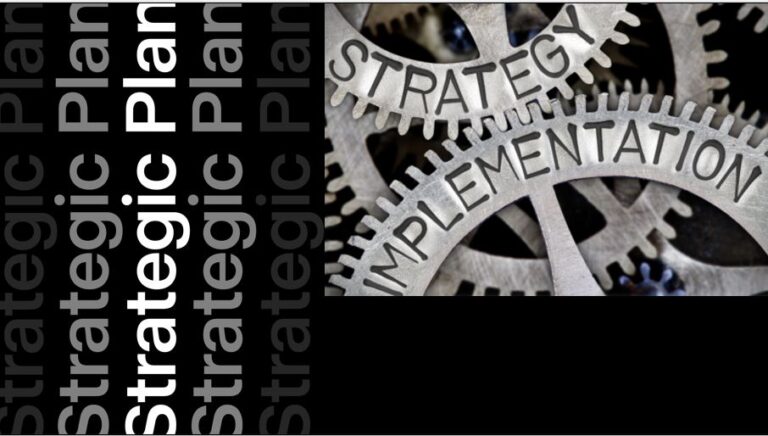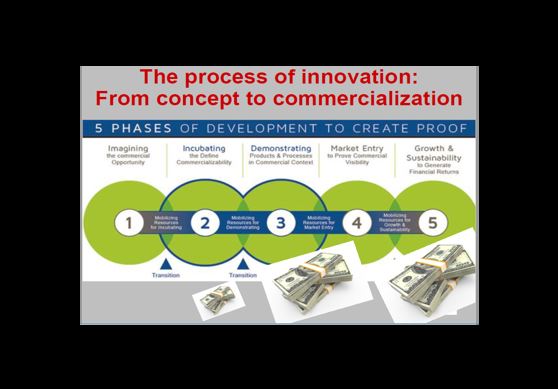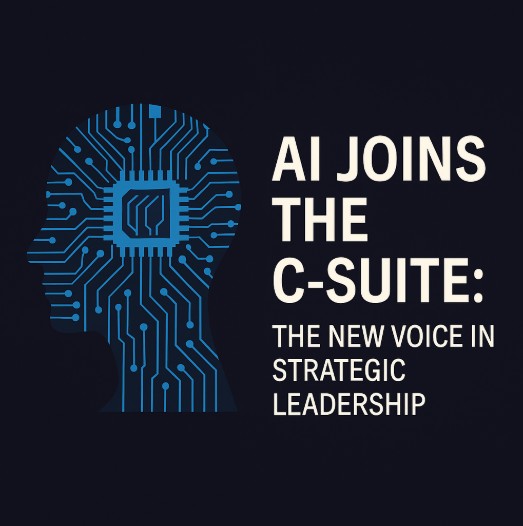As a board member, this was the worst strategic planning session I had ever attended.
At a fancy hotel conference room, a well-meaning facilitator started off a half-day strategic planning meeting with a nonprofit board of directors. Within the first five minutes after introductions, the facilitator attempted to lead a discussion about changing the nonprofit’s vision. An extremely upset fellow board member threw a fork across the room, nearly stabbing another board member in the face.
“You’ve got to be kidding,” I thought, searching for the nearest exit.
Moments later, that board member apologized, the group took a break and the rest of the day was awkward!
What went wrong?
First, the facilitator failed to research whether the organization should overhaul its vision and mission – a very serious and deliberate discussion. Also, the organization’s executive delegated all responsibility to the facilitator, neglecting to direct the process. Clearly, this 40-year-old organization did not need to have its board engage in a vision-mission discussion. This vision and mission were clear, compelling, and still relevant. Instead, the board and executive team had hoped to develop strategic goals for the next three years.
Second, the facilitator was well-meaning, but weak. As the discussion heated up, the facilitator should have taken immediate steps to pull the group together, seek clarity for the half-day retreat, and help the board move beyond the conflict.
Many organizations embarking on a strategic planning process do not need the vision overhauled. (The vision is an aspirational statement helping the leadership team to look beyond the horizon and define where the organization aspires to be.)
Rarely does an organization need to redefine its mission. (The mission defines what the organization is and does– its reason for being.)
Here are tips to help you know whether your strategic plan needs a refresh (an assessment of the competitive marketplace and SWOT, followed by shaping multiyear goals) or an overhaul (all of the above, plus revision of vision and mission). As you “plan to plan,” ask these important questions.
- Have competition and industry trends recently reshaped your industry and/or your business?
- Has your organization recently found more success in providing new types of products or services?
- Is your organization floundering in any way?
- What strategic planning outcomes are envisioned by the organization’s board and executive team?
More recommendations:
- Establish ground rules for the planning session. It’s important for participants to understand the meeting’s purpose, their role, and rules for engagement.
- Hire a strategic planning facilitator who meshes well with your organization’s leadership team, board and culture.
- Hire someone who will bring out the best in the group, as well as maintain control of the agenda and potential conflicts. An effective strategic planning facilitator completes an extraordinary amount of homework, will help you structure the entire process, and during sessions will allow people to share ideas as well as disagree in a civil manner, adhering to the respectful ground rules.




